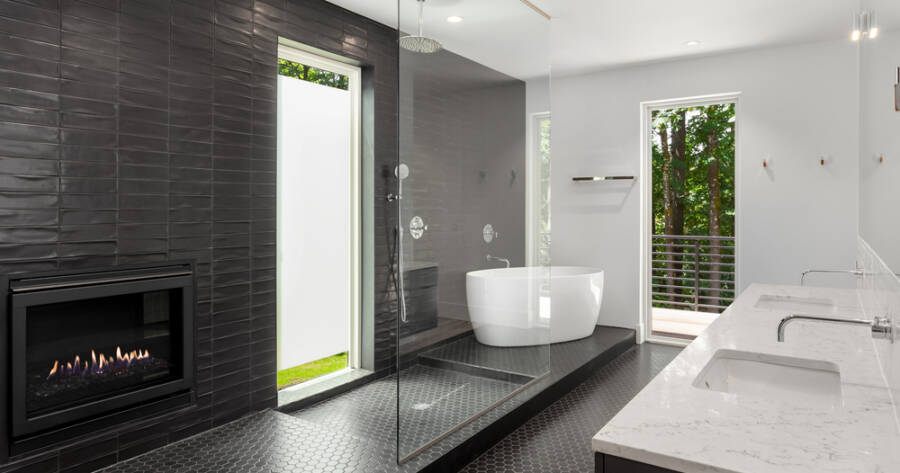A walk-in shower is a modern, stylish, and highly practical addition to any bathroom, particularly in homes where accessibility, efficiency, and contemporary design are priorities. If you’re considering installing one in Great Britain, it’s important to understand the associated costs and factors that can influence your budget. From the choice of materials to labour fees, a range of variables will impact the final price.
Why Choose a Walk-In Shower?
Walk-in showers offer numerous benefits. They provide easy access, especially for individuals with mobility issues, making them a popular choice for inclusive or future-proofing bathroom designs. Their sleek, frameless aesthetic creates an illusion of space, which is particularly appealing in smaller UK bathrooms. Additionally, they’re easier to clean compared to traditional shower enclosures or bathtubs.
Factors Affecting Walk-In Shower Costs
The overall cost of a walk-in shower installation can vary widely, depending on several factors:
1. Shower Design and Materials
- Glass Panels: Frameless glass panels are a hallmark of walk-in showers, but their cost can vary depending on the thickness and quality of the glass.
- Shower Tray: While some walk-in showers are designed with tiled flooring for a seamless look, others use pre-made shower trays.
- Fixtures and Fittings: High-quality rain showerheads, thermostatic valves, and premium taps can add a luxurious touch but may cost more.
2. Labour Costs
Labour is a significant component of the installation process. The complexity of your project and the experience of your installer will influence labour fees. On average, labour costs can total anywhere from £200 to £800+ depending on the scope of work.
3. Bathroom Size and Layout
A larger bathroom or an unconventional layout might require additional customisation, raising costs. Moving plumbing fixtures or altering the drainage system can also increase expenses significantly depending on the amount of work needed.
4. Location in Great Britain
Installation costs can vary based on where you live. Prices in London and the South East are generally higher than in other parts of the UK due to increased labour and material costs.
5. Additional Features
- Underfloor Heating: Adds warmth and luxury but costs could start higher for a small bathroom.
- Storage Niches: Built-in shelves or niches for shower products can add an extra cost as well and prices vary depending on materials.
Typical Cost Ranges
- Budget Installations: £1,500 to £3,000 – Basic designs with standard materials.
- Mid-Range Installations: £3,000 to £6,000 – Higher-quality fixtures and some customisation.
- High-End Installations: £6,000 to £10,000+ – Luxury finishes, advanced features, and bespoke designs.
How to Save on Costs
- Compare Quotes: Always get at least three quotes from qualified professionals.
- Opt for Standard Sizes: Custom-sized glass panels and trays significantly increase costs.
- Choose Durable Materials: Investing in high-quality materials upfront can save on long-term maintenance and repairs.
Making the Right Investment
Installing a walk-in shower in Great Britain can be a transformative upgrade for your bathroom, enhancing both functionality and style. While costs vary based on materials, labour, and design choices, understanding these factors will help you budget effectively and make informed decisions. Whether you’re aiming for a budget-friendly makeover or a luxurious spa-like retreat, a walk-in shower is a worthwhile investment for any home.

